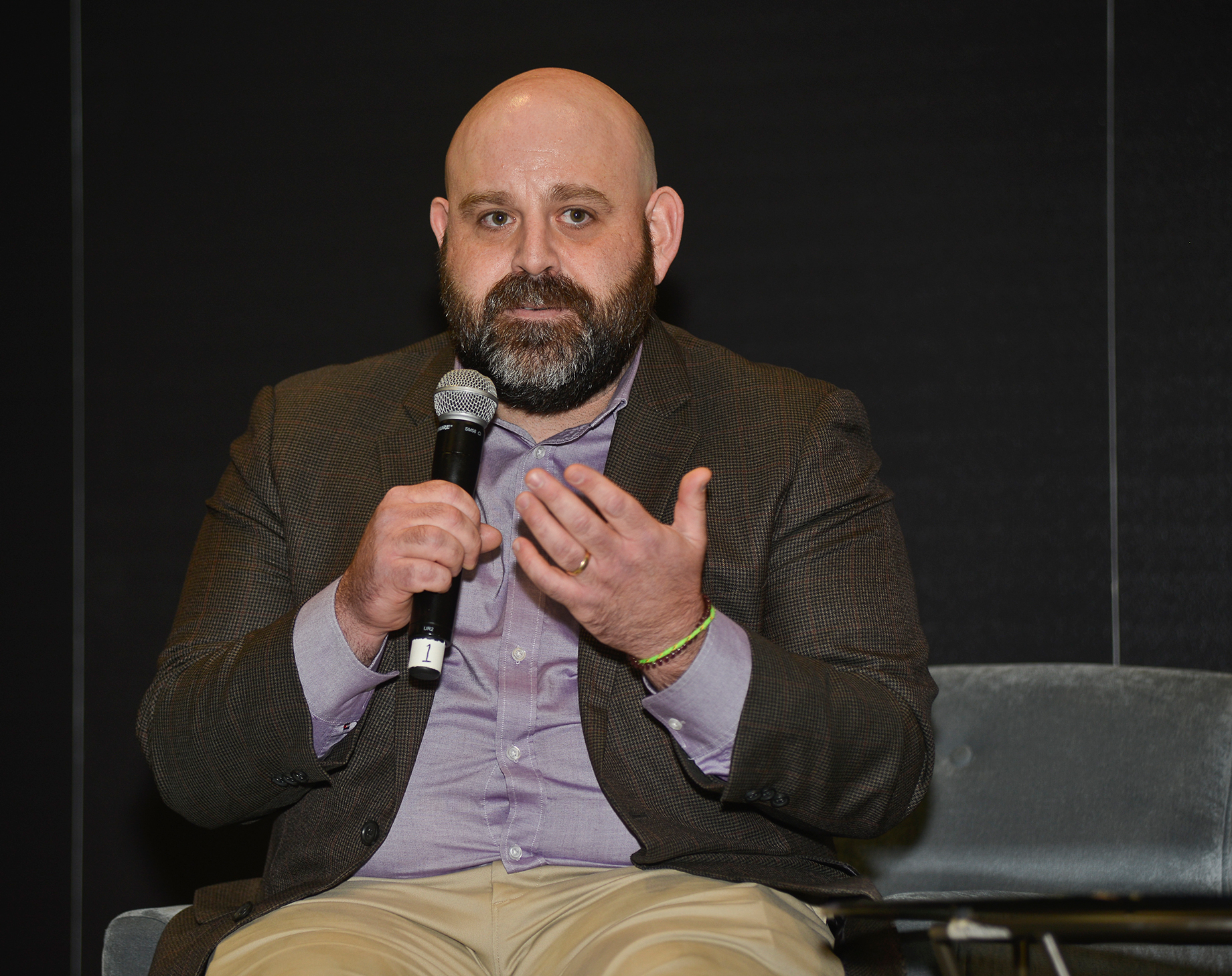Anyone expecting a deluge of recreational marijuana store openings needs to adjust expectations. “Green rush? Let me dispel that myth right now,” asserted Bridget Hill-Zayat, a lawyer specializing in marijuana retail, speaking at ICSC’s New York Deal Making.
In fact, marijuana retailers face a thicket of local, state and federal regulations that affect leasing, financing and licensing before they even open their stores. The licenses to operate can cost tens of thousands of dollars. And once an operator does find a site for a store, it is forbidden by Section 280E of the Internal Revenue Code from deducting ordinary business expenses from gross income associated with selling “controlled substances.”
Prospective retailers still cannot obtain a bank loan because banks are federally regulated and the feds do not look kindly on anyone dabbling in illegal substances. A handful of lenders that will finance cannabis stores, but the interest rates often aren’t great, observed, CB Green Consulting’s Jeff Shapiro.
Some states require that marijuana retailers sign “host-community agreements,” through which a percentage of sales go straight to the municipality, ostensibly to pay for police and other services incurred by the business. Massachusetts, for one, lets municipalities charge 3 percent of sales annually, a rate that Shapiro said far exceeds any cost to the community.

Jeff Shapiro
Budding retailers also can run into objections from co-tenants at shopping centers and other neighbors.
Some states that issue a high volume of low-cost licenses have a plethora of marijuana stores, resulting in paper-thin profit margins for retailers. In states that charge a lot for relatively few licenses, cannabis product prices are high, but so are the barriers to entry. Those price disparities are preserved because it is illegal to sell marijuana across state lines, preventing the import of cheap product into states with high prices.
Still interested? Some of these problems can be overcome, the panelists agreed. Anyone considering a site, however, ought first to make sure the community is in favor, the experts advised. Indeed, even if a state law allows for such stores, any municipality in opposition generally can find ways to block them.

Gene Markin
There also is a solution to that problem with financing: A prospective retailer that owns a site or property can sell it, lease it back and then use the proceeds to set up the business and build out the store, said Stark & Stark lawyer Gene Markin of Lawrenceville, N.J. One day when the federal government decides to legalize the marijuana trade, he speculated, retailers will enjoy greater uniformity in pricing and regulations, making it easier for chains to grow across state lines and prosper. But this will take a while, he cautioned, given the number of federal agencies involved in devising regulations.
For those who don’t want to wait that long, there is always hemp. “Hemp is so multifaceted,” said Markin, noting its use for textiles, food, animal bedding, concrete, rope, insulation and other products. “It has the potential to be bigger, much bigger, than marijuana.”
By Edmund Mander
Director, Editor-In-Chief/SCT


